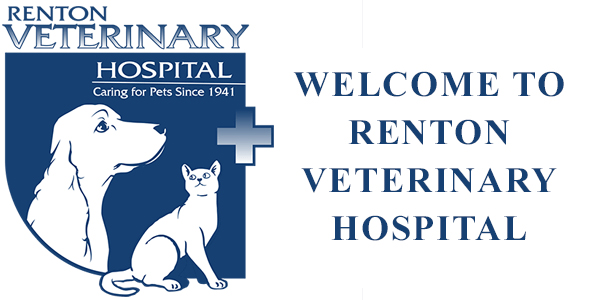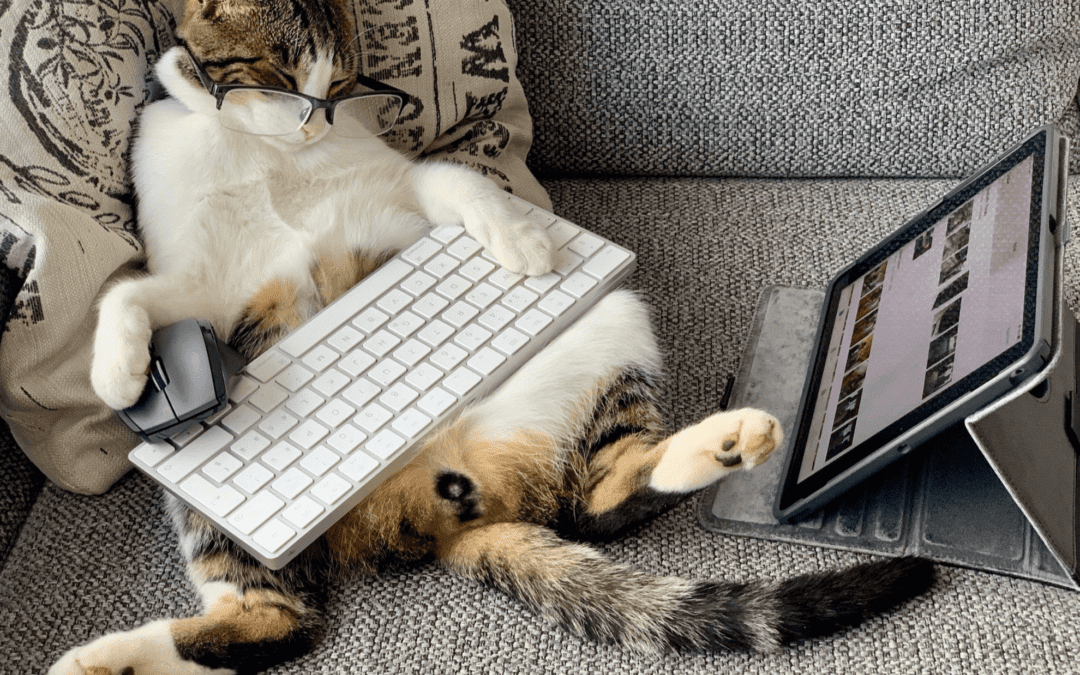Did you know? As your cat reaches old age her health, nutrition, and exercise needs change just like us, which means you should think about adapted routines and more frequent checkups.
It is very important to be observant around the house when you have an ageing cat as your cat may be really good at deliberately hiding budding health issues. Please remember to schedule regular veterinary visits. With a lots of love, little preventive care and regular checkups, you can help ensure that your senior cat stays happy and healthy.
How do I even know when my Cat Qualifies: Here are the typical age ranges at which senior feline citizens reach various life stages, according to the American Association of Feline Practitioners (AAFP):
- Mature to middle-aged: 7 to 10 years
- Senior: 11 to 14 years
- Geriatric: 15+ years
Watch Out for Senior Health Issues: As a conscientious cat parent, it is important for you to keep an eye out for any signs of developing health issues as you cat’s immune system isn’t quite as resilient as it used to be. Here are some common senior health issues to watch for:
- Arthritis
- Cancer
- Cognitive disorders
- Constipation
- Deafness
- Dental disease
- Diabetes mellitus
- Heart disease
- Hyperthyroidism
- Inflammatory bowel disease
- Kidney disease
- Retinal disease/vision problems
- Schedule Regular Wellness Exams
Just like humans, importance of regular wellness check-ups increases with cat’s age. Senior cats should be examined by a veterinarian at least once every 6 months. The purpose is to accomplish the following goals:
- Promote the longest and healthiest life possible.
- Recognize and control known health risks timely for older cats.
- Detect any signs of disease at their earliest
- During a routine wellness exam, we may ask you a variety of health-related questions. These questions will often focus on whether your cat has experienced any health or behavioral changes since her last visit.
Monitor Your Cat’s Health: Sudden weight loss or gain can sometimes serve as an early sign of an underlying illness. Weight management itself can be a major health issue. Overweight or obese cats are at greater risk of diabetes, osteoarthritis, and other conditions.
Please pay attention to any unusual changes in your cat’s behavior. This can vary from unusual cries to grooming or litterbox habits. Such behavioral problems are sometimes a signal of underlying health issue.
Please note that at no time the need for routine wellness care such as parasite protection, dental care, nutritional management, and vaccinations goes down. These preventive measures continue to be important even when your cat ages.
Perform a Comfort Check: If it seems that your cat is having trouble getting to her food or water dishes, bedding, or litterbox, it may be time to rearrange things for her. Don’t forget to give your senior cat plenty of attention and affection!
At Renton Veterinary Hospital, we are dedicated to offering quality veterinary care to your pets. Our compassionate approach has set us apart from the competition; call us today at (425) 255-8676 for your senior cate care.

